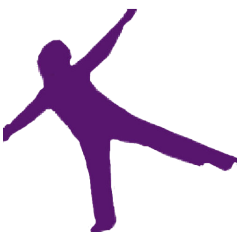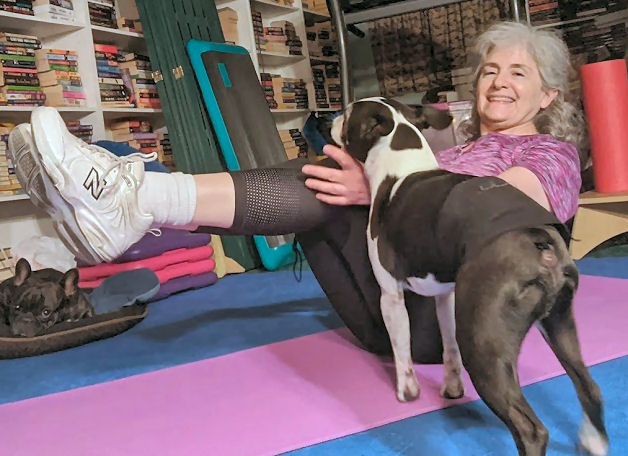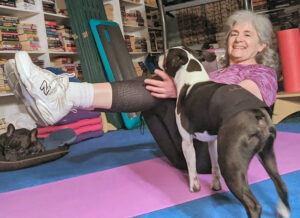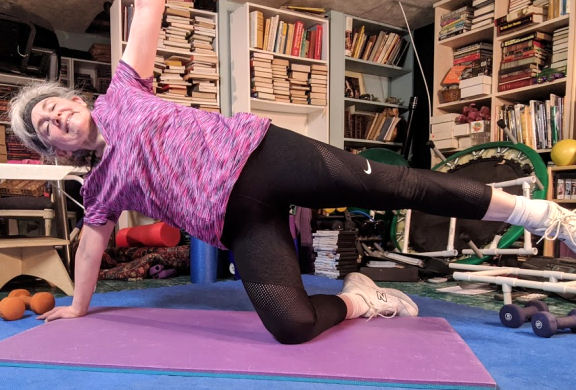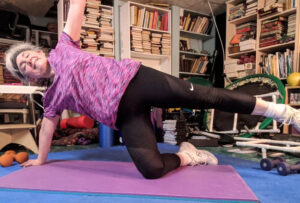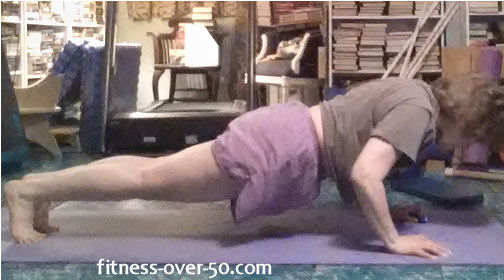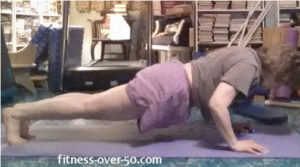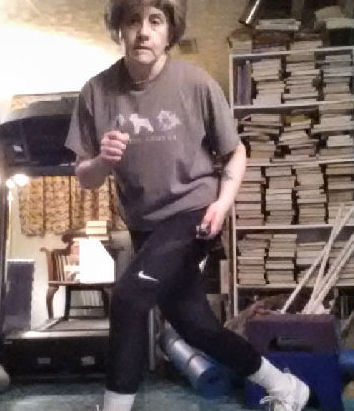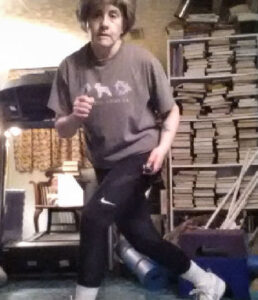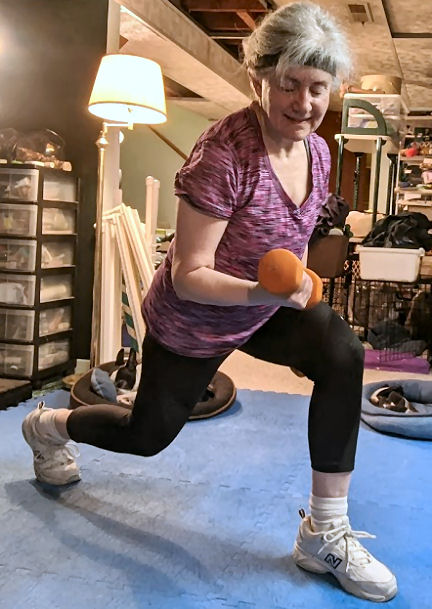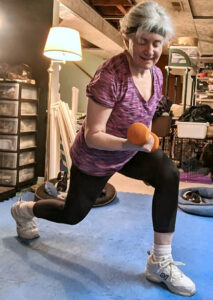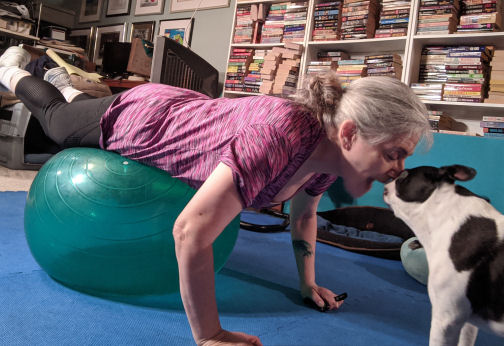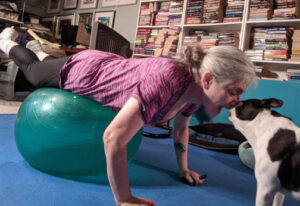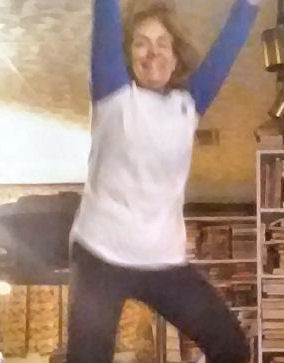It’s really not you – not wanting to exercise is normal.
It turns out that not wanting to exercise is normal. It turns out that as we get older, lots of systems in our body decline. You knew that – eyesight, hearing, cognition, memory. And we don’t want to exercise. That’s because of declining systems in our brain. Namely, our dopamine synthesis and dopamine receptors. That means that cognitive control, emotion and mood, motor function, positive reward, and motivation are also naturally declining. That means our natural enjoyment of life, our happiness and our motivation to exercise really does decrease as we get older.
It’s just not the same as before
So it is normal that we don’t feel like doing anything but mindlessly binge a series on Netflix. Or that we lack ambition to do anything but sit around. A recent article in Psychology Today notes that since our dopamine levels decline, we don’t get the satisfaction out of doing anything like we did in years past.
That’s depressing. I get that we all may not care that not wanting to exercise is normal, but how about the enjoyment that we get from other activities? I certainly want to experience the happiness of a good meal with friends or the enjoyment of reading a good book or listening to an amazing musical performance.
So how can we get back to feeling all these things?
First off, know that what helps one person feel things or become motivated may not work for another. We all feel things differently – we’re not wired the same.
Future to present – focus on the now
In looking at what made older people happy, one theory suggests that people’s motivation shifts from considering the future to being anchored in the present. And for motivation to exercise, older people are more likely to join a group to exercise rather than doing it alone. I guess I’m the weirdo here (preferring my solo exercise). So focusing on relationships can help you get fit as well as make you happy. Be with people you enjoy spending time with and encourage them to join you in exercise. It will help your body, your mind, your resilience and your healthy aging.
For those of us who prefer to go it alone, then continue to make exercise a habit. And find the joy in the little things – one more push-up. One more tenth of a mile. I listened to a great book while running.
